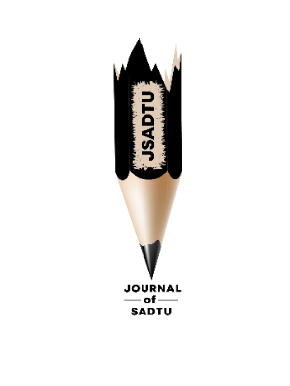How to Avoid Plagiarism: A Guide to Ethical Writing

Plagiarism is a serious issue in academia and professional writing, often stemming from a lack of understanding or improper research practices. Whether you’re a student, researcher, or content creator, avoiding plagiarism is essential to maintain integrity and credibility. Here’s a practical guide to ensure your work is original and ethically crafted.
What is Plagiarism?
Plagiarism is the act of using someone else’s work, ideas, or words without proper acknowledgment. This includes:
- Copying text directly without citation.
- Paraphrasing ideas without giving credit.
- Using images, data, or research findings without permission or attribution.
Types of Plagiarism
- Direct Plagiarism
Copying someone else’s work word-for-word without acknowledgment. - Self-Plagiarism
Reusing your own previously published work without proper disclosure. - Accidental Plagiarism
Failing to cite sources correctly due to oversight or lack of understanding. - Patchwriting
Rewriting someone else’s text with minimal changes while retaining the original structure or meaning.
Tips to Avoid Plagiarism
- Understand What Needs Citation
Any idea, fact, or data that is not common knowledge should be cited. When in doubt, always credit the source. - Paraphrase Effectively
Instead of copying text directly, read the source material, understand the concept, and rewrite it in your own words. Avoid sticking too closely to the original wording or structure. - Use Citation Tools
Utilize citation management tools like Zotero, EndNote, or online generators to ensure accurate referencing. Follow the required citation style (e.g., APA, MLA, Chicago). - Keep Track of Your Sources
During research, maintain a detailed record of all sources you consult. This will make it easier to cite correctly later. - Use Plagiarism Detection Tools
Tools like Turnitin, Grammarly, or Copyscape can help identify unintentional plagiarism before submission. - Quote When Necessary
If a passage is particularly impactful, use quotation marks and cite the source directly instead of paraphrasing. - Educate Yourself on Copyright and Fair Use
Understand the rules surrounding the use of copyrighted material, including text, images, and multimedia content.
Consequences of Plagiarism
Plagiarism can have serious consequences, including:
- Damaged reputation.
- Legal issues or fines in professional settings.
- Academic penalties, such as failing grades or expulsion.
Final Thoughts
Avoiding plagiarism is not just about adhering to rules; it’s about fostering trust and contributing responsibly to your field. By understanding and practicing proper citation, paraphrasing, and research techniques, you can ensure your work remains original, ethical, and impactful.
One comment
Comments are closed.

Very insightful